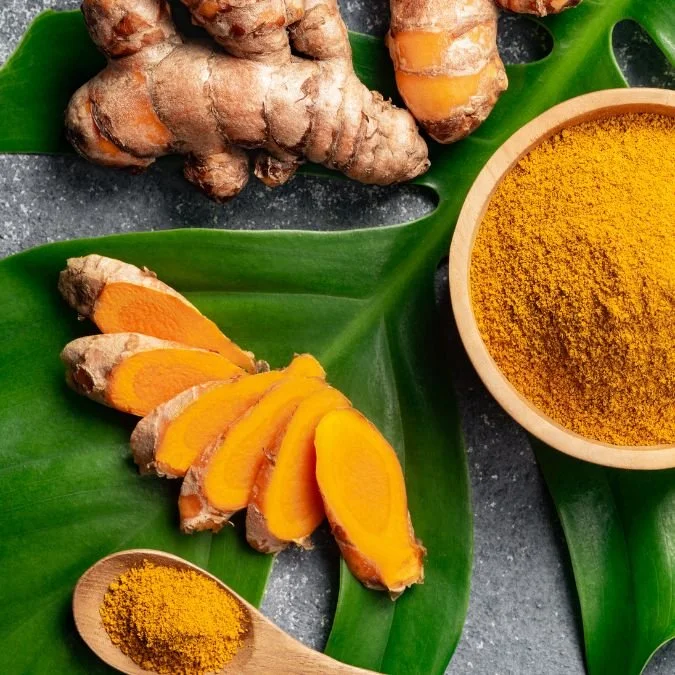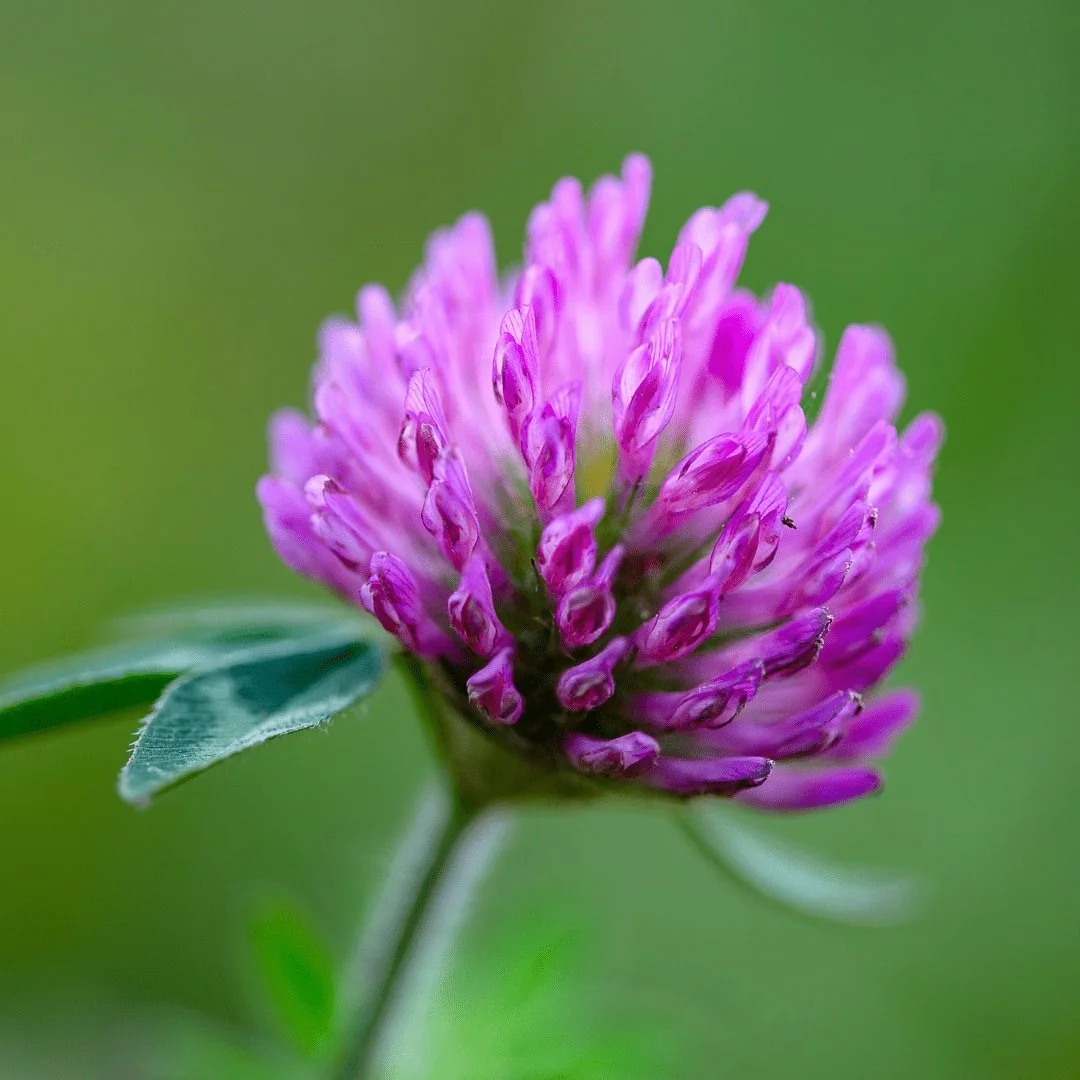a bouquet of immune health herbs
Herbs for immunity, supporting your body’s strength and resiliency.
The immune system and digestive health: an interconnected ecosystem.
The immune system influences digestive health and digestion influences the immune system. This is also true with the nervous system, hormonal health, the skin (the first barrier of our immune system) and basically every organ. It’s all connected!
YAY PLANT FACTS!
Herbs have a powerful ability to work with these key body systems. They can modulate and enhance the immune system.
An important part of our immune system is the lymphatic system. This includes the lymph ducts and lymph trunk (thoracic duct), lymph nodes, lymph vessels and lymph capillaries. It connects to our circulatory system and fun fact: the largest lymph organ is the spleen - an extensive drainage network. Perhaps by now you’re getting a clearer picture of how the immune system is truly interconnected! And when this is out of balance, it manifests in so many different parts of our body.
The body lets us know when there is stagnation and congestion within the lymphatic system. You can see it through puffiness, chronic congestion and phlegm, skin breakouts, swelling, poor or sluggish appetite, morning stiffness in the joints, higher blood pressure, fatigue and more!
Below are great examples of immune-supporting herbs. Note that a number of the herbs fall into multiple categories.
Click on the linked herbs to learn more information on their origins, botany, traditional medicinal uses, modern day usage herb safety and fun facts. As time goes on, more herbs will be linked - so you can check back regularly to learn something new.
Alterative Herbs
Cleavers (Galium aparin)
Dandelion (Taraxacum officinale)
Echinacea (Echinacea purpurea)
Nettles (Urtica dioica)
Burdock (Articum lappa)
Immunostimulant Herbs
Astragalus (Astragalus L.)
Tulsi (Ocimum tenuiflorum)
White Oak (Quercus alba)
Yarrow (Achillea millefolium)
Red Clover (Trifolium pratense)
Tonic Herbs
Oregon Grape (Mahonia aquifolium)
Turmeric (Curcuma longa)
Astragalus (Astragalus L.)
Echinacea (Echinacea purpurea)
Lemon Balm (Melissa officinalis)
Anti-inflammatory Herbs
Echinacea (Echinacea purpurea)
Turmeric (Curcuma longa)
Rosemary (Rosmarinus officinalis)
Goldenseal (Hydrastis canadensis)
Garlic (Allium sativum)
IMMUNE HERBS 101:
making sense of these terms
Herbalism a really beautiful practice and by gaining education on herbalism, we’re more empowered to make the right choices that resonate with us!
Here’s a simple breakdown of what these common terms mean for herbs that have been used for THOUSANDS of years for medicinal benefits.
Please note, it is always a good idea to check with a trained health professional about what may be good specifically for you.
As a Clinical Herbalist, I value providing fun and balanced information. This info below is for educational purposes.*
What are alterative herbs?
Alterative herbs - commonly known as alteratives - help cleanse the blood and stagnant lymph.
These herbs are often used to support the body's natural detoxification processes and promote overall well-being.
This can be beneficial in detoxifying the liver, used as a blood-purifier and helping assist the body in eliminating toxic overloads.
While all of this sounds great - and these are true benefits that have been studied for centuries upon centuries - again, it’s always appropriate to check if the herbs are right for you and your body. I’m always happy to chat about herbs!
Great examples of alterative herbs are Cleavers (Galium aparin), Dandelion (Taraxacum officinale), Echinacea (Echinacea purpurea), Nettles (Urtica dioica) and Burdock (Articum lappa).
What are tonic herbs?
Tonic herbs - often known as astringent herbs - help tigthen and tone our cells, providing support for the immune system. Many plant tannins and resins are astringent. Yes, just like with wine (from grapes) - lots of plants have tannins!
Great examples of tonic herbs are Astragalus (Astragalus L.), Tulsi (Ocimum tenuiflorum), White Oak (Quercus alba), Yarrow (Achillea millefolium) and Red Clover (Trifolium pratense).
What are anti-inflammatory herbs?
Anti-inflammatory herbs help reduce inflammation. That’s an easy one to remember.
There are multiple ways that these herbs can reduce inflammation. For example Turmeric has been used for over 4,000 years and curcumin a compound found in Turmeric, has been researched extensively for its anti-inflammatory, antimicrobrial and cancer-fighting effects.
Even well-esteemed medical hospitals like Mount Sinai in New York City acknolwedge the the health benefits of Turmeric.
Other great examples of anti-inflammatory herbs are Echinacea (Echinacea purpurea), Rosemary (Rosmarinus officinalis), Goldenseal (Hydrastis canadensis) and Garlic (Allium sativum).
What are immunostimulant herbs?
Whereas anti-inflammatory herbs reduce inflammation, immunostimulatng herbs (you guessed it) stimulate the immune system. This is different because they have specific actions to help kickstart or reboot the immune system. Often many herbs will have both of these effects, but that’s not always the case.
Great examples of immunostimulant herbs are Oregon Grape (Mahonia aquifolium), Turmeric (Curcuma longa), Astragalus (Astragalus L.), Echinacea (Echinacea purpurea), Oregano (Origanum vulgare).
FOOD FOR THOUGHT:
Enjoy The Natural Source Blog
Enjoy The Natural Source Blog
*These statements have not been evaluated by the Food and Drug Administration. The information above is purely educational and cannot substitute professional medical advice. It is not intended to treat, cure, or diagnose medical conditions. Consult with a medical professional if you have any concerns.







